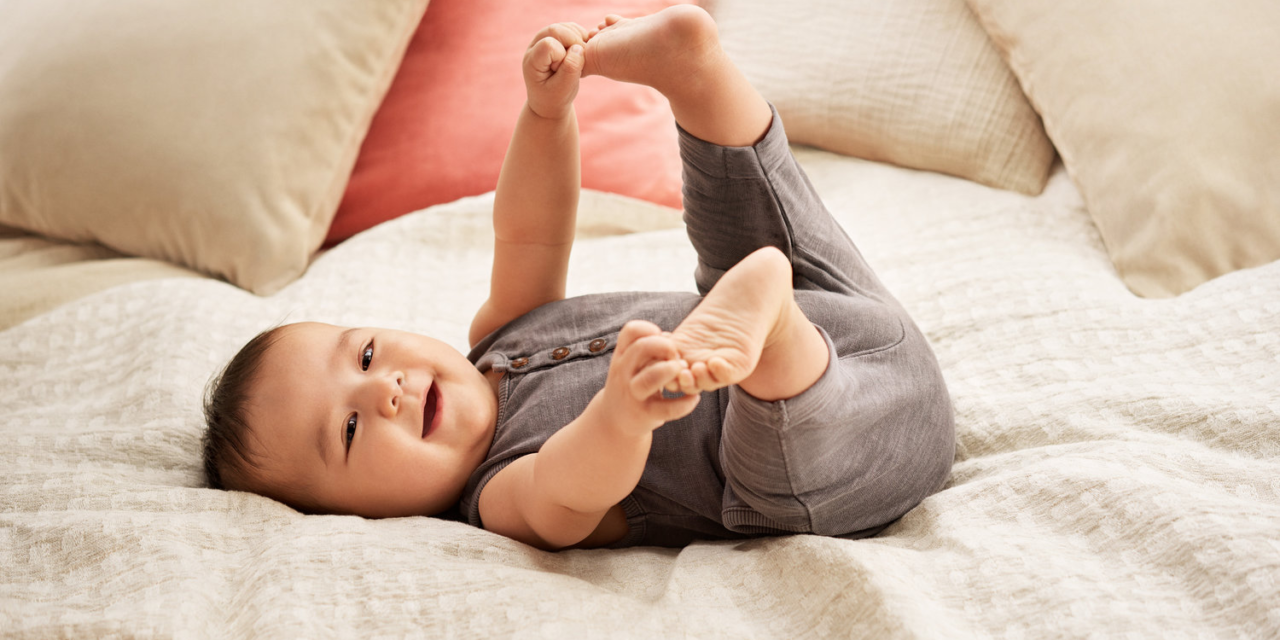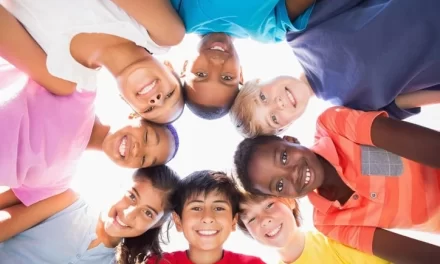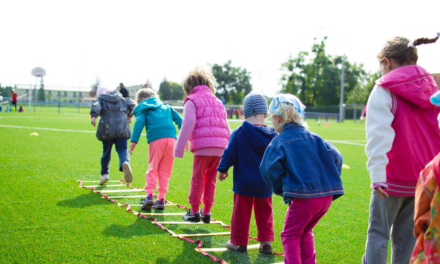As new parents, it’s natural to wonder when your baby will reach certain milestones. From the first smile to the first steps, every achievement is cause for celebration. Understanding these milestones can also help you track your baby’s development and identify any potential issues early on. In this article, we’ll be focusing on three key monthly milestones to look for in your baby’s first year.
At three months old, your baby will start to show more interest in the world around them. One of the most exciting developments at this stage is the first real smile. While newborns may smile in their sleep, a genuine smile in response to something you do or say is a sign that your baby is starting to recognize and interact with their environment. They may also start to focus on faces and follow objects with their eyes. These early social cues are important for building strong bonds with caregivers and setting the foundation for future social and emotional development. Here the the top monthly baby milestone
Month 3: Smiling and Recognizing Faces
You’ll start noticing your little one flashing their adorable grin and recognizing familiar faces during Month 3. By now, your baby’s social skills are developing, and they’re starting to interact more with the world around them. They may even start to coo and babble in response to your voice or other sounds they hear.
When it comes to recognizing faces, your baby will likely show a preference for familiar faces, such as yours or your partner’s. They may even start to track your movements with their eyes and turn their head in your direction when they hear your voice. It’s important to take advantage of these early social interactions and engage with your little one as much as possible, as this will help them continue to develop their social skills and build a strong bond with you.
Month 6: Sitting Up and Beginning to Crawl
Now that your little one is 6 months old, they’re starting to sit up and may even begin to crawl soon! This is a major milestone in their physical development and it’s exciting to see them gaining more control over their body. At this stage, you may notice that your baby can sit up for longer periods of time without support and may even start to reach for objects while sitting.
It’s important to remember that every baby develops at their own pace, so don’t worry if your little one isn’t sitting up or crawling yet. However, you can encourage their development by providing plenty of tummy time and playtime on the floor. Place toys just out of reach to encourage them to reach and crawl towards them. And don’t forget to celebrate each milestone, no matter how small, as it’s a testament to your baby’s hard work and determination.
Month 9: Standing and Cruising Along Furniture
Feeling like a proud parent, you can’t help but smile as your little one stands up and takes their first steps along the furniture. At nine months old, your baby is now able to pull themselves up to a standing position and may even be able to let go of the furniture for a few seconds before sitting back down. This is a significant milestone in your baby’s development, as it shows that their leg muscles are strong enough to support their weight and that their balance is improving.
As your baby becomes more confident in their ability to stand, they may begin to cruise along the furniture, moving from one piece to another while holding on for support. This is an exciting time for both you and your baby, as they are gaining more independence and exploring their surroundings in a new way. However, it’s important to keep a watchful eye on your little one to ensure their safety, as falls are common at this stage of development. Encouraging your baby to practice standing and cruising will help them develop the muscles and coordination needed for walking independently in the near future.
Frequently Asked Questions
How much weight should a baby gain during the first 3 months?
During the first three months of life, it is common for a baby to gain weight rapidly. On average, babies will gain about 1-2 pounds per month, with some gaining more and others less. It is important to monitor a baby’s weight gain to ensure they are growing at a healthy rate, but it is also important to remember that every baby is different and may grow at their own pace. Parents can work with their pediatrician to ensure their baby is meeting their growth milestones and getting the nutrition they need to thrive.
When should a baby start babbling or saying their first words?
When should a baby start babbling or saying their first words? This is a common question that many new parents may wonder about. While every child develops at their own pace, most babies will start to babble around 6 months of age. This is when they will begin to make repetitive sounds like “ba ba” or “ma ma”. It may take a few more months before they say their first word, but by 12 months most babies will be able to say simple words like “mama” or “dada”. As always, it’s important to remember that every child is unique and will develop at their own pace. If you have concerns about your child’s language development, it’s always best to speak with your pediatrician.
What are some common developmental delays parents should look out for at 6 months?
At 6 months, parents should keep an eye out for some common developmental delays. One of the most important milestones is sitting up without support, which should happen around this time. Another crucial aspect is grasping objects with their hands and transferring them from one hand to another. However, if a baby is not reaching for objects, rolling over, or making eye contact, it may be a sign of a developmental delay. Parents should also be aware of any hearing or vision problems, as these can affect language development. By monitoring these milestones, parents can take proactive steps to ensure their baby’s healthy development.
How can parents encourage their baby to start walking independently at 9 months?
At 9 months, parents can encourage their baby to start walking independently by providing ample opportunities for them to practice. This includes giving them plenty of tummy time to strengthen their core muscles, holding their hands and supporting them as they take steps, and allowing them to explore their environment while supervised. It’s important for parents to be patient and not rush their baby’s development, as every child learns at their own pace. With consistent support and encouragement, most babies will begin to take their first steps between 9 and 12 months.
Are there any safety precautions parents should take when their baby starts crawling or pulling up on furniture?
When your baby starts crawling or pulling up on furniture, there are several safety precautions parents should take to ensure their little one stays safe. First, make sure to baby-proof your home by removing any small objects that could be a choking hazard, securing furniture to the wall, and covering electrical outlets. Additionally, always supervise your baby when they are crawling or standing, and make sure to create a safe play area where they can explore without getting into dangerous situations. Remember, while it’s exciting to see your baby hitting new milestones, their safety should always come first.
Conclusion
So there you have it – three important milestones to look out for during your baby’s first year. Remember, every child develops at their own pace, so don’t worry if your little one seems to be taking longer to reach these milestones. However, if you have any concerns, it’s always best to speak to your pediatrician.
Enjoy every moment of your baby’s development, and celebrate each achievement, no matter how small. These early years will pass by quickly, and before you know it, your little one will be running around and exploring the world on their own. Cherish these precious moments, and watch in awe as your baby grows and develops into a unique and wonderful individual.






